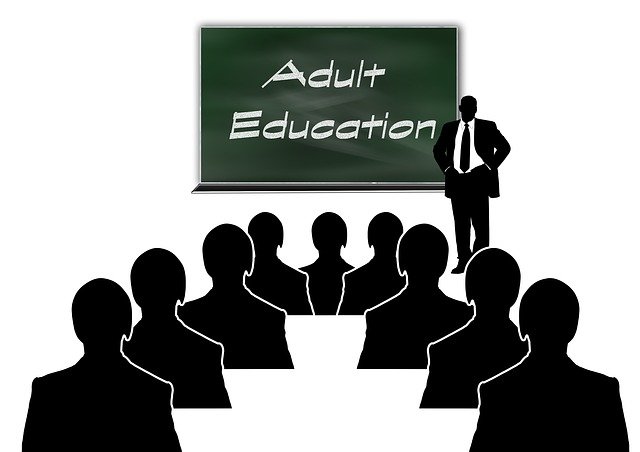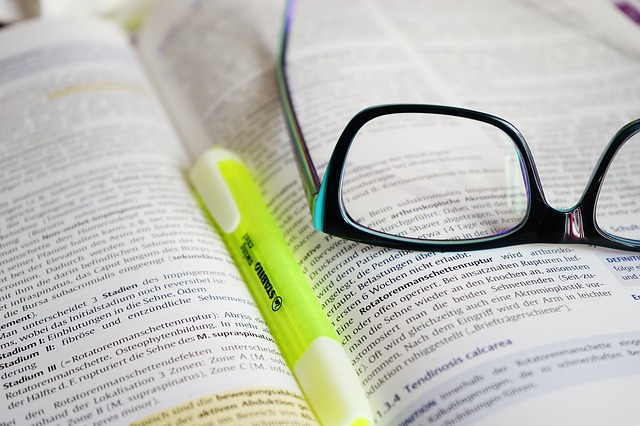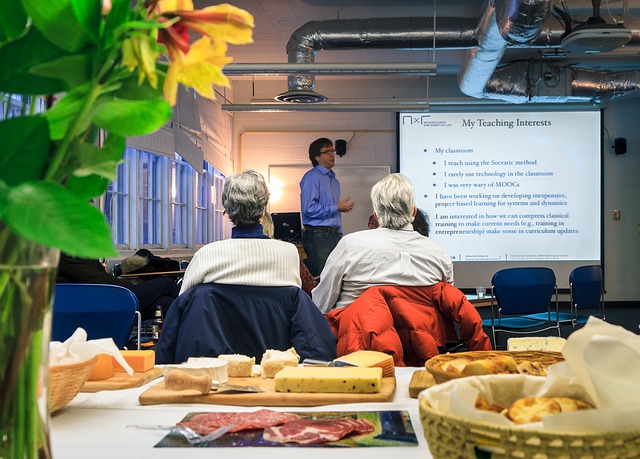
Education is a lifelong process, not just in children and adolescents. It also affects the majority of adults who have already practiced some profession. In order to stay in step with the rapidly developing world around them, they voluntarily train in areas of interest, civil or ongoing professional education and increase their qualifications through further studies, retraining courses, or training at the workplace or beyond. Universities of the third age are also becoming more and more popular, giving them the opportunity to educate with the elderly. Their learning ability is not lost with age, it only changes according to their ability to remember and process what they have learned.
– Adults have less time and more responsibility,
-their thoughts are influenced by their experiences,
-they have better practical learning,  -worse health.
-worse health.
Adult tutors must pay particular attention to the health of adult learners and adjust their educational conditions accordingly. Aging is a natural process that leads to many physiological changes that affect our ability to learn and concentrate.
As we age, we have to think that our pace slows down, our thinking flexibility decreases, and our vision and hearing are impaired. Thus,
– Choose the length of breaks between lessons
-Properly adjust the materials taking into account the visual abilities of the learner
-Ensure good lighting in the room
-Avoid disturbing noise
-Speak correctly and clearly, speak loudly and clearly
-Take into account the learner\’s handicap.
Currently, anyone interested in this type of education has the opportunity to choose from a very wide range of educational events.
